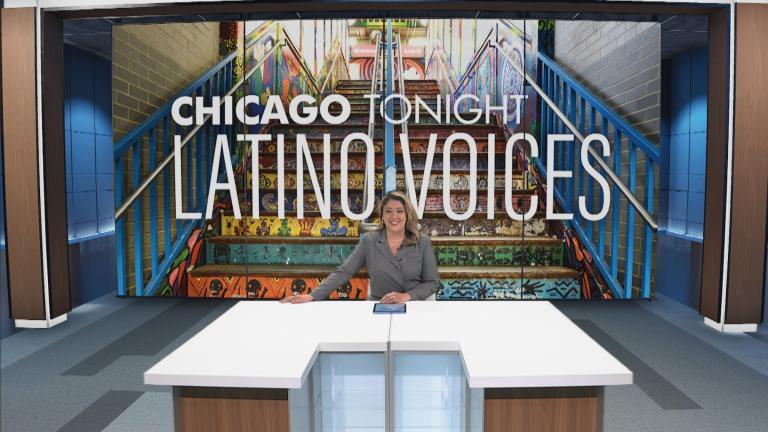There are many different languages spoken in Illinois.
According to Cook County data, 35% of residents speak a language other than English at home, while 14% of those people say they speak English less than “very well.”
Meanwhile, migrants continue arriving in Chicago with limited to no English-speaking skills and few resources to help them navigate their circumstances.
A bill going through Springfield aims to alleviate the burden non-English speakers face when accessing government services.
State Rep. Dagmara Avelar, D-Bolingbrook, introduced the Language Equity and Access Act earlier this year and explained that current language services fall short.
“We’ve have seen that time and time again, while we may have some state agencies that do have wonderful language access programs, there are other state agencies that are lacking on their language access program when it comes to training, as well as hiring people beyond the Spanish language to be able to interact with limited English proficient individuals,” Avelar said.
The bill calls for a centralized office that would ensure all government agencies, offices and services have the adequate tools to provide language services. This includes having translators or documents for a variety of languages.
“I think that this is not just about language access, but about building trust with our state agencies and with our community members living in Illinois,” Avelar said.
Grace Pai, the executive director of Asian Americans Advancing Justice Chicago, along with the rest of her organization has been advocating for this legislation.
“Unfortunately, we’ve heard many stories from community members who have had to provide translation or interpretation for their families,” Pai said. “… A lot of immigrant families have that experience, right, of having to ask their kids to translate for them at the grocery store, at the doctor’s office, places where it’s not appropriate for a child to have to play that role.”
With the legislative session concluded for the year, the bill won’t be back in consideration until early next year. Until then, AAAJC and Avelar will continue advocating for language access.
“We are encouraging not just organizations but community members to continue to contact their state representative as well as their state senator to let them know how important it is to make sure that this bill becomes a law,” Avelar said.








